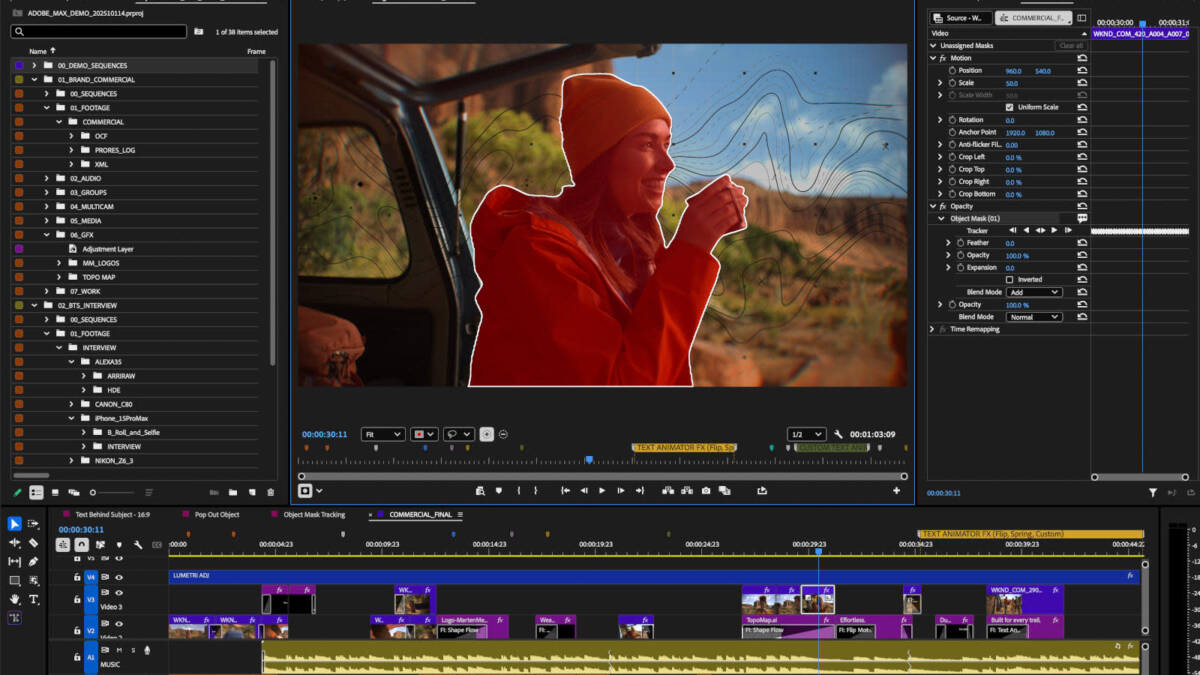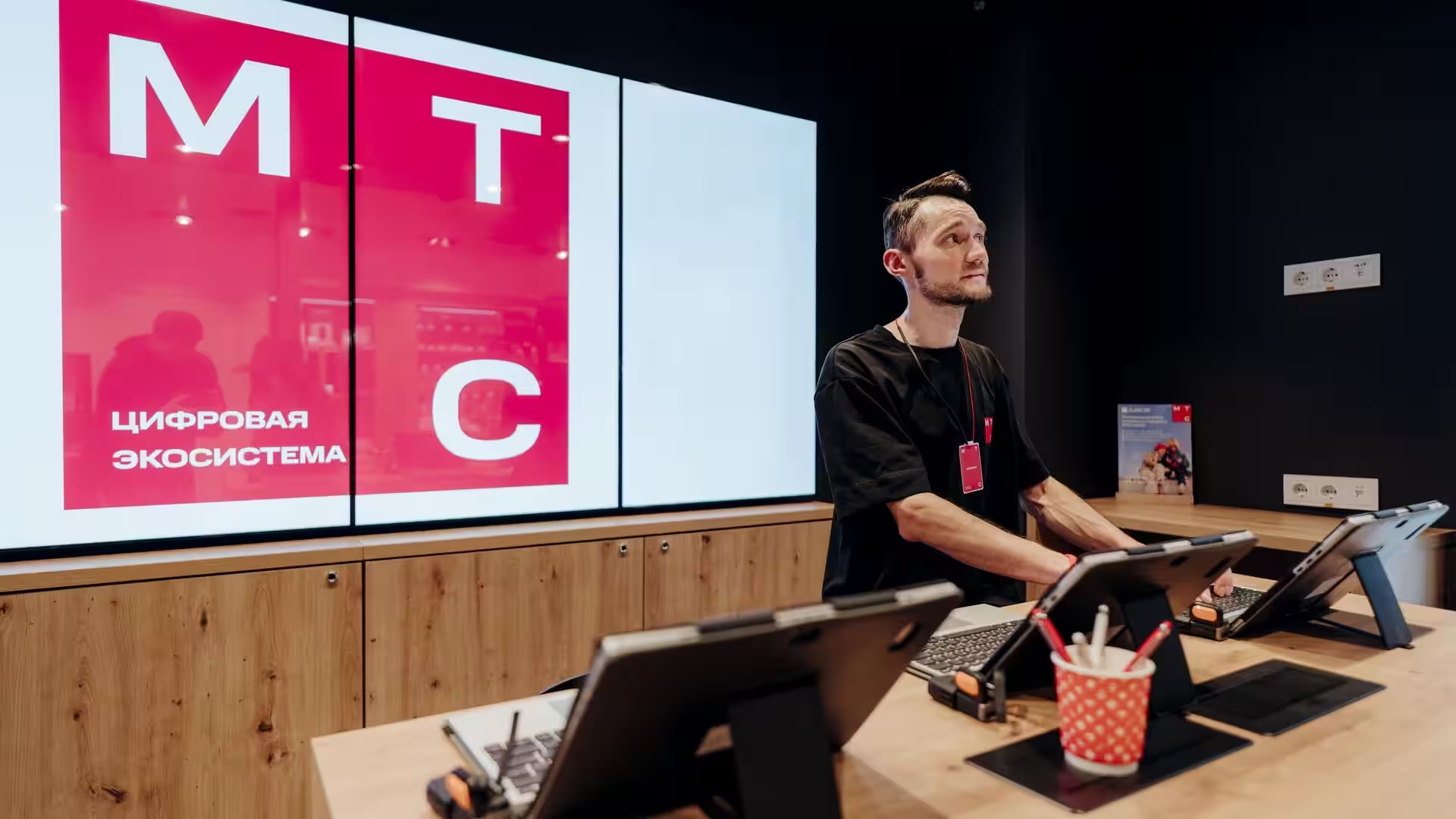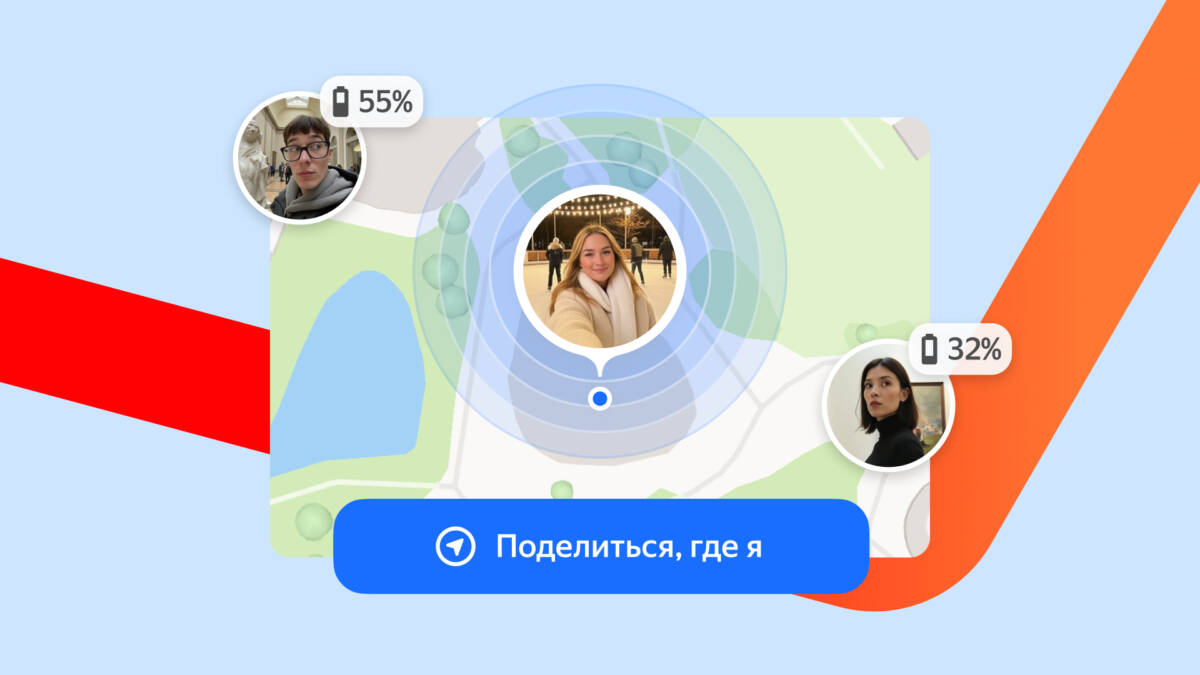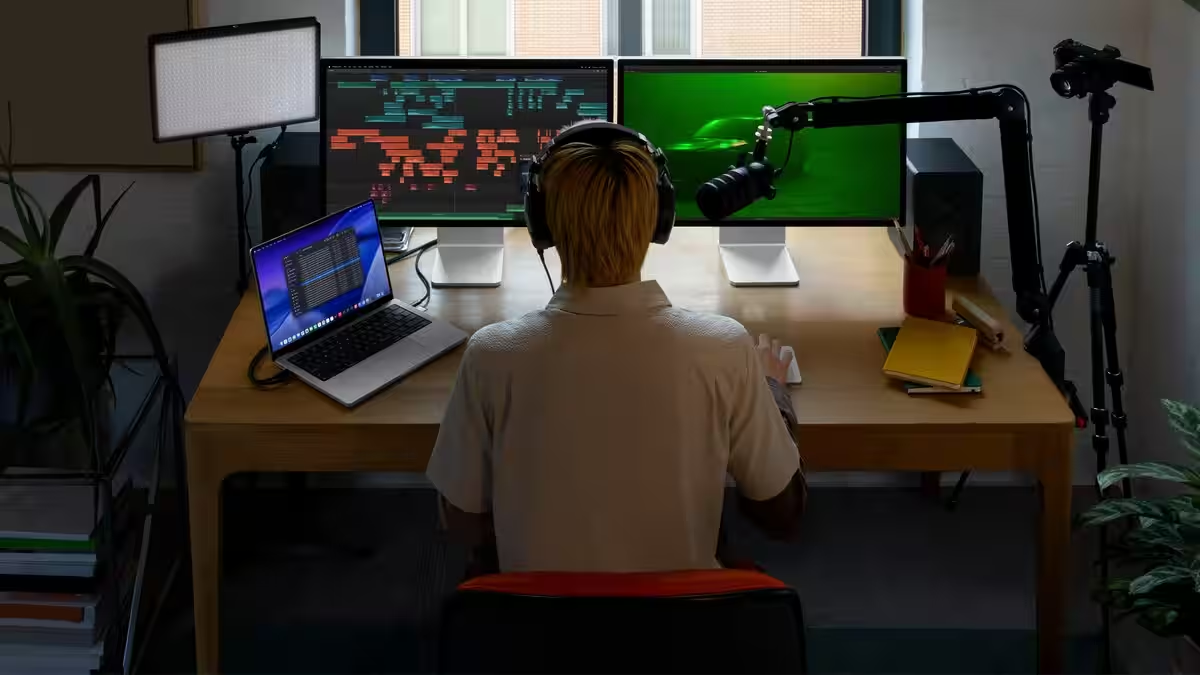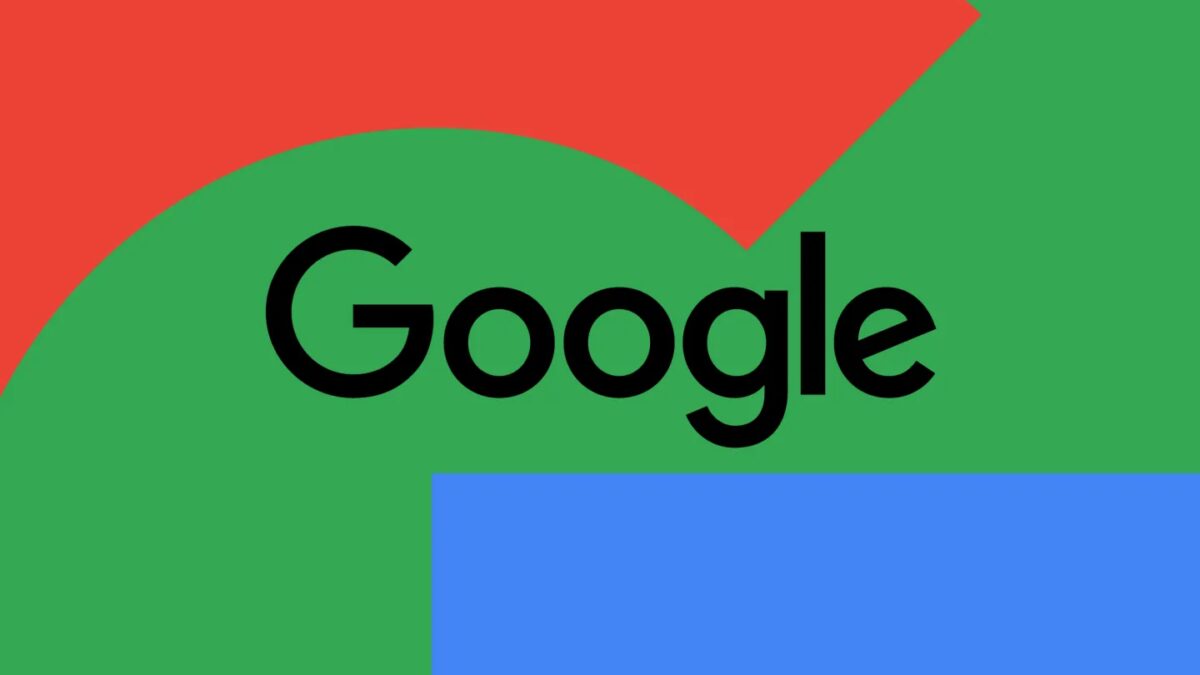OpenAI wants GPT-4 to solve the content moderation dilemma

Nobody has yet figured out how to do large-scale moderation of malicious content. OpenAI claims its own technology, but there’s a catch.
OpenAI is convinced that its technology can help solve one of the most difficult problems in technology — large-scale content moderation. According to OpenAI, GPT-4 could replace tens of thousands of human moderators and still be nearly as accurate and more consistent. If this is indeed true, then the most toxic and psychologically demanding tasks in technology could be outsourced to machines.
And if this is true, then the most toxic and psychologically demanding tasks in technology could be outsourced to machines.
On its blog, OpenAI says it already uses GPT-4 to develop and refine its own content policies, content labeling and decision-making. «I want more people to manage their trust, security and moderation [this way]», —OpenAI’s head of security systems Lilian Weng told Semafor. «It’s a really good step forward in how we use AI to solve real-world problems in a way that’s good for society».
Here’s a really good step forward in how we use AI to solve real-world problems in a way that’s good for society.
OpenAI sees three major advantages over traditional approaches to content moderation. First, he believes humans interpret rules differently, while machines are consistent in their judgments. These rules can be as long as a book and constantly changing. While humans require a lot of training to learn and adapt, OpenAI argues that large language models can instantly implement new rules.
Here’s what he says.
Second, GPT-4 can allegedly help develop a new policy in a matter of hours. The process of drafting, labeling, gathering feedback, and finalizing typically takes weeks or several months. Third, OpenAI cites the well-being of workers who are constantly exposed to harmful content, such as child abuse or torture videos.
OpenAI cites the well-being of workers who are constantly exposed to harmful content, such as child abuse or torture videos.
After nearly two decades of modern social media and even more years of online communities, content moderation is still one of the most challenging tasks for online platforms. Meta, Google and TikTok rely on armies of moderators who have to review terrible and often traumatizing content. Most of them live in developing countries with lower wages, work for outsourced companies, and suffer from mental health issues because they receive only minimal mental health care.
Most of them live in developing countries with lower wages, work for outsourced companies, and have mental health issues because they receive only minimal mental health care.
OpenAI itself, however, relies heavily on click workers and human labor. Thousands of people, many of whom live in African countries like Kenya, annotate and label content. The texts can be disturbing, the work — stressful, and the pay — low.
Annotating content can be difficult, the work — stressful, and the pay — low.
Although OpenAI calls its approach new and revolutionary, AI has long been used to moderate content. Mark Zuckerberg’s idea of a perfect automated system has yet to materialize, but Meta uses algorithms to moderate the vast majority of harmful and illegal content. Platforms such as YouTube and TikTok rely on similar systems, so OpenAI’s technology may be of interest to smaller companies that don’t have the resources to develop their own technology.
All platforms openly recognize that perfect content moderation at scale is impossible. Both humans and machines make mistakes, and while the error rate may be small, millions of harmful posts slip through and just as much harmless content is hidden or removed.
All platforms openly recognize that it’s impossible to moderate content on a company scale.
In particular, a big challenge for automated systems is the «gray area» that includes misleading, erroneous and offensive content that is not necessarily illegal. Even human experts have difficulty identifying such messages, and machines are often wrong. The same goes for satire, images and videos documenting crimes or police brutality.
The same goes for satire, images and videos documenting crimes or police brutality.
At the end of the day, OpenAI could help solve a problem that its own technology has exacerbated. Generative AI, such as ChatGPT or image creator DALL-E, makes it much easier to create misinformation at scale and spread it across social media. While OpenAI has promised to make ChatGPT more truthful, GPT-4 is still willingly spewing lies and news-related misinformation. Translated by www.DeepL.com/Translator (free version)

